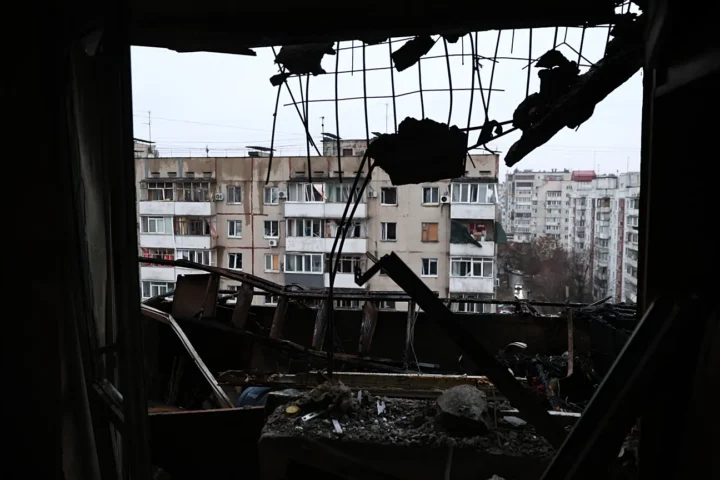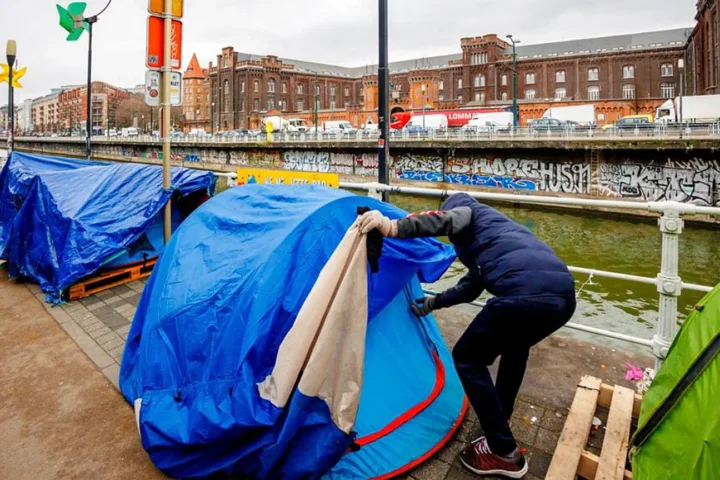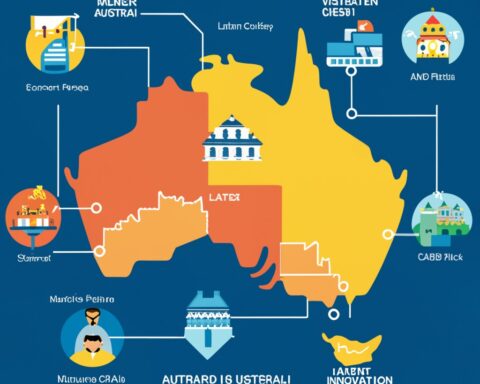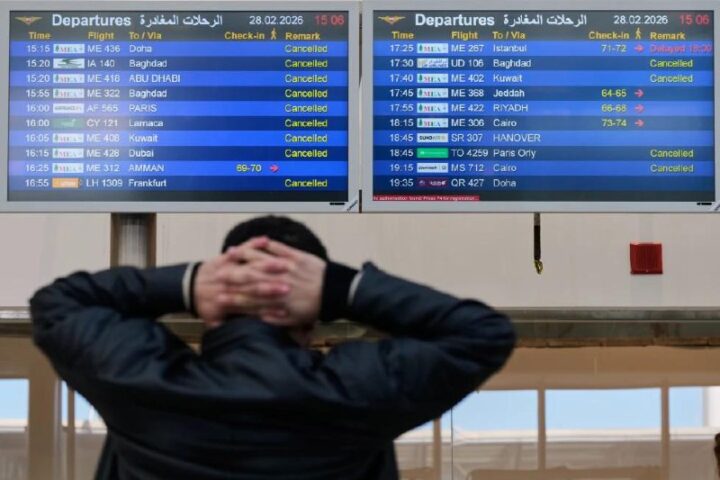Immigration remains one of the most divisive political issues in Europe. While many countries promote open borders and humanitarian asylum policies, others have taken a firm stance against mass immigration—citing cultural preservation, national security, economic strain, or political stability. Below are some of the European countries most known for their opposition or restrictive stance toward immigration:
🇭🇺 Hungary
Hungary, under Prime Minister Viktor Orbán, has become one of Europe’s most vocal opponents of immigration. The country built border fences to stop migrant inflows and passed constitutional amendments that limit asylum. Orbán’s government promotes a nationalist message that emphasizes “Christian identity” and national sovereignty.
🇵🇱 Poland
While Poland has accepted large numbers of Ukrainian refugees, it has been resistant to accepting migrants from the Middle East and Africa. Polish leaders argue that forced EU migrant quotas threaten national cohesion and cultural values. Public support for tighter immigration rules remains high.
🇸🇰 Slovakia
Slovakia has also opposed mandatory EU migrant redistribution quotas. The government has expressed concern over preserving national identity and has emphasized accepting only Christian refugees, sparking controversy and debate over its selective policies.
🇨🇿 Czech Republic
The Czech Republic has taken a cautious approach to immigration, especially regarding non-European migrants. Its leaders have consistently criticized EU policies pushing for burden-sharing and have resisted accepting asylum seekers under quota systems.
🇦🇹 Austria
Austria has oscillated between moderate and hardline positions, especially during election seasons. Conservative parties have pushed for stronger border controls and have linked immigration to domestic security concerns. The country supports strict vetting procedures and faster deportations for failed asylum seekers.
🇩🇰 Denmark
Denmark, while known for its strong welfare system, has adopted some of Europe’s strictest immigration laws in recent years. This includes measures to seize migrants’ valuables, limit non-Western immigration, and incentivize repatriation. Even left-leaning parties have embraced tighter immigration rules.
🇮🇹 Italy (Selective Opposition)
Italy has experienced large-scale migration due to its Mediterranean geography. While public opinion is divided, several governments have adopted anti-immigration rhetoric, especially concerning migrants arriving by sea. The focus has often been on restricting irregular migration and tightening asylum procedures.
Final Thoughts
Not all opposition to immigration in Europe is identical—some countries resist asylum quotas, while others implement laws to curb welfare use or limit cultural integration. What unites these governments is a desire to prioritize national identity, control migration flows, and respond to domestic political pressures.
As global migration continues to reshape demographics and economies, immigration will likely remain a defining issue in European politics for years to come.






















